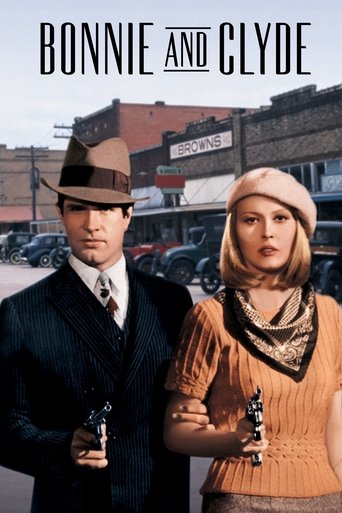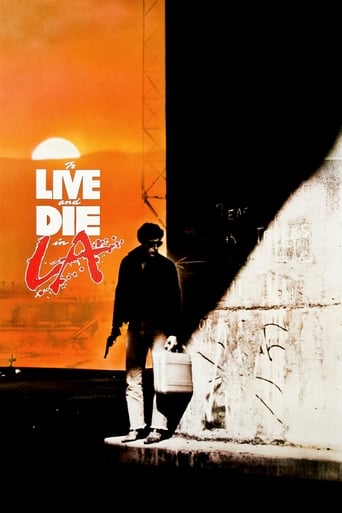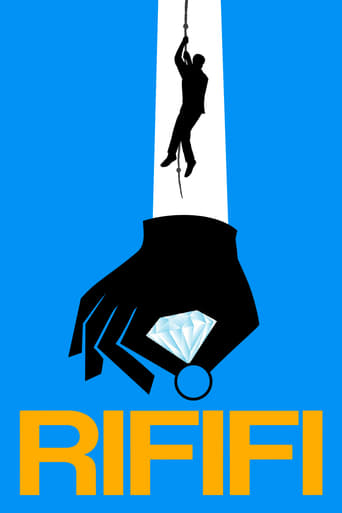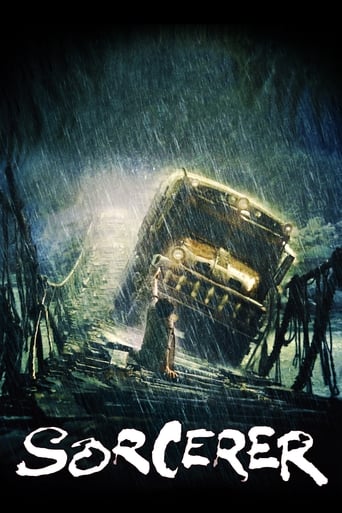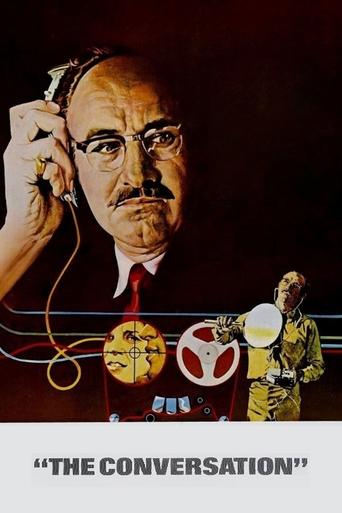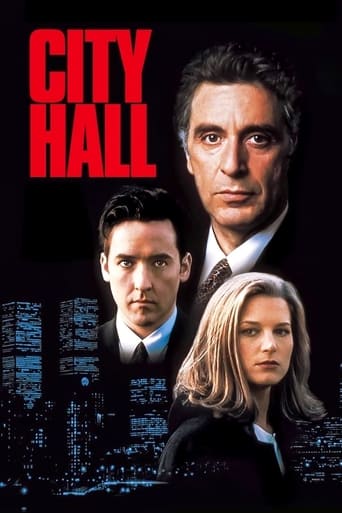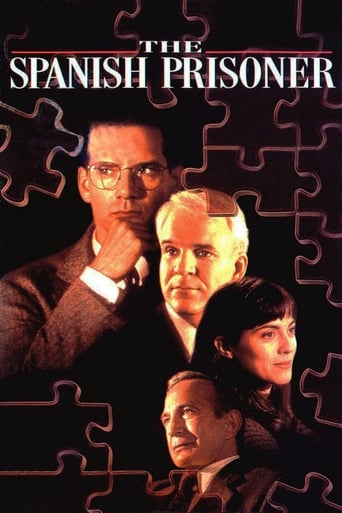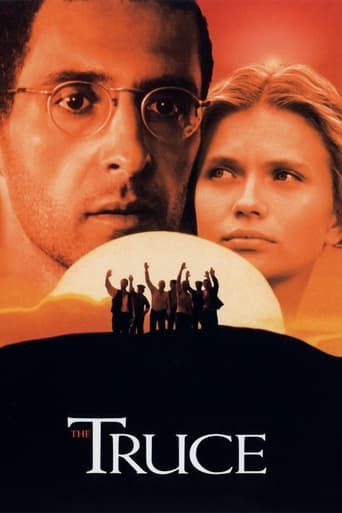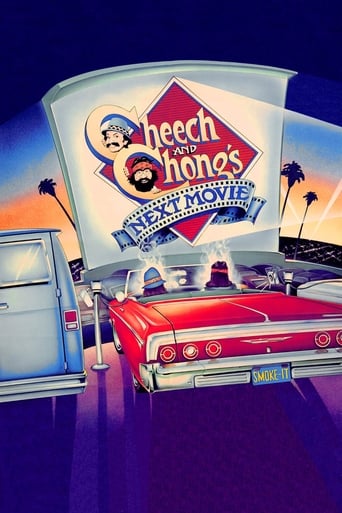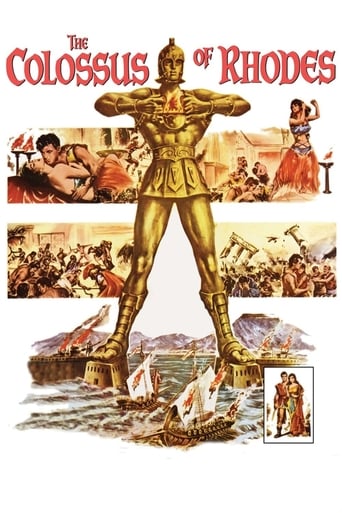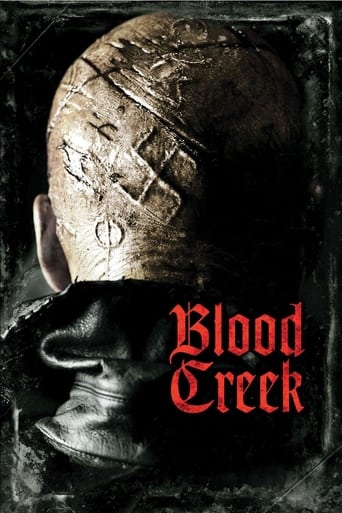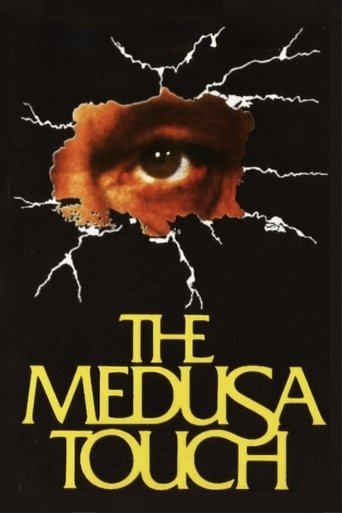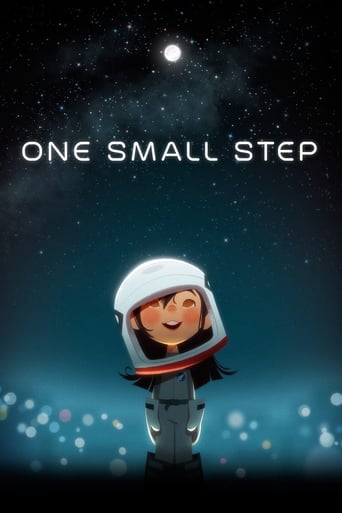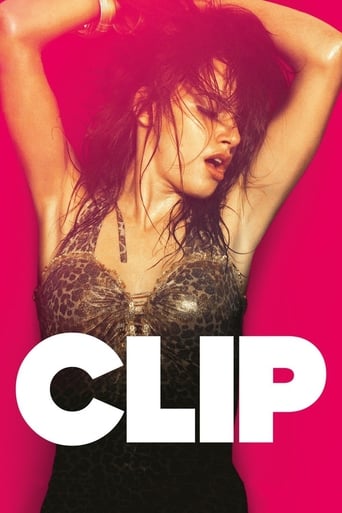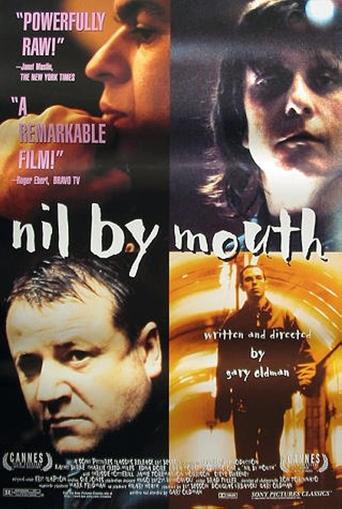Trailers & Videos

Trailer

Detective Popeye Kills Pierre

Working with Gene Hackman

Casting the Film

Everything is Cinema

The Look and the Score

Permits and the Car Chase

The French Connection Wins Film Editing: 1972 Oscars

The French Connection Wins Best Picture | 44th Oscars (1972)

William Friedkin Wins Best Directing | 44th Oscars (1972)
Cast
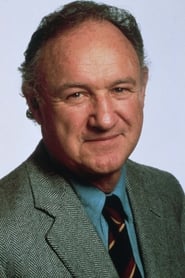
Gene Hackman
Jimmy Doyle
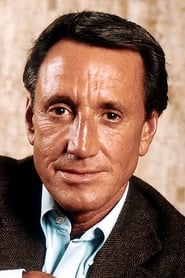
Roy Scheider
Buddy Russo
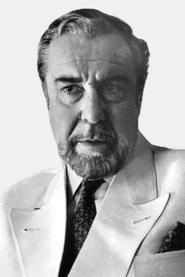
Fernando Rey
Alain Charnier
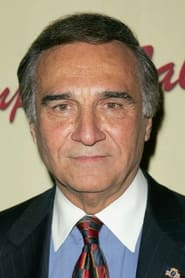
Tony Lo Bianco
Sal Boca
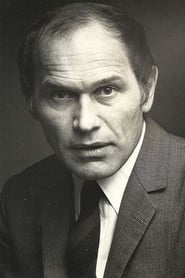
Marcel Bozzuffi
Pierre Nicoli
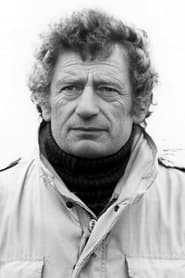
Frédéric de Pasquale
Devereaux
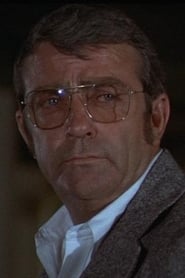
Bill Hickman
Mulderig
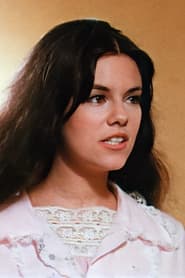
Arlene Farber
Angie Boca
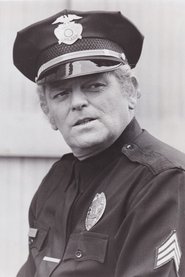
Eddie Egan
Simonson
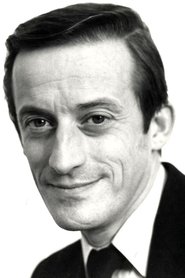
André Ernotte
La Valle
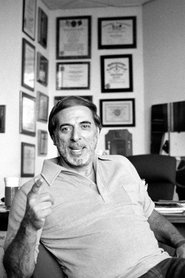
Sonny Grosso
Klein
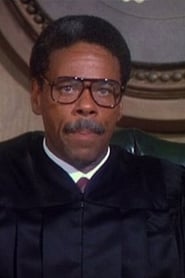
Alan Weeks
Pusher
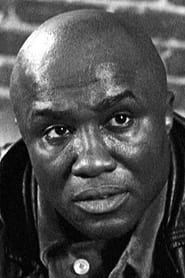
Charles McGregor
"Baldy" (uncredited)
More Like This
Reviews
CinemaSerf
Though he's not top-billed here, I found it's Fernando Rey who delivers best in this brutal and authentic-looking story of trans-Atlantic drug smuggling. Popeye (Gene Hackman) and his pal Russo (Roy Scheider) are detectives in New York determined to bring down a network of cocaine importers who are bringing the lucrative white powder in from Marseille. They suspect that it's Charnier (Rey) who is masterminding the whole enterprise, but they can't pin anything down on him. He hides in plain sight, clad in cashmere with a distinctive hat and dining in fine establishments - but always beyond their grasp. He almost teases the increasingly frustrated policemen who stray ever closer to the line as they try to apprehend him. Will either of them ever crack? Hackman is on great form as the exasperated cop and the drip-roast effect of the plot development from director William Friedkin makes that even more potent, especially when coupled with the flagrant nonchalance of his quarry, with a powerful score from Don Ellis and one of the best city car chases you'll ever see on a big screen. Scheider does enough, and there are also quite a few effective supporting contributions from the likes of Ann Rebbot as Mme. Charnier and from the odious henchman "Nicoli" (Marcel Bozzuffi). Gradually we are exposed to the ruthlessness of both sides as the stakes become higher, life becomes cheap, and the denouement again offers us a degree of palpable realism as no simple or convenient solutions are provided. It's a quickly paced and gritty representation of life amidst a culture of addiction, dependency and quite a fair degree of innovation that's still as strong today as it was in 1971.
You've reached the end.


